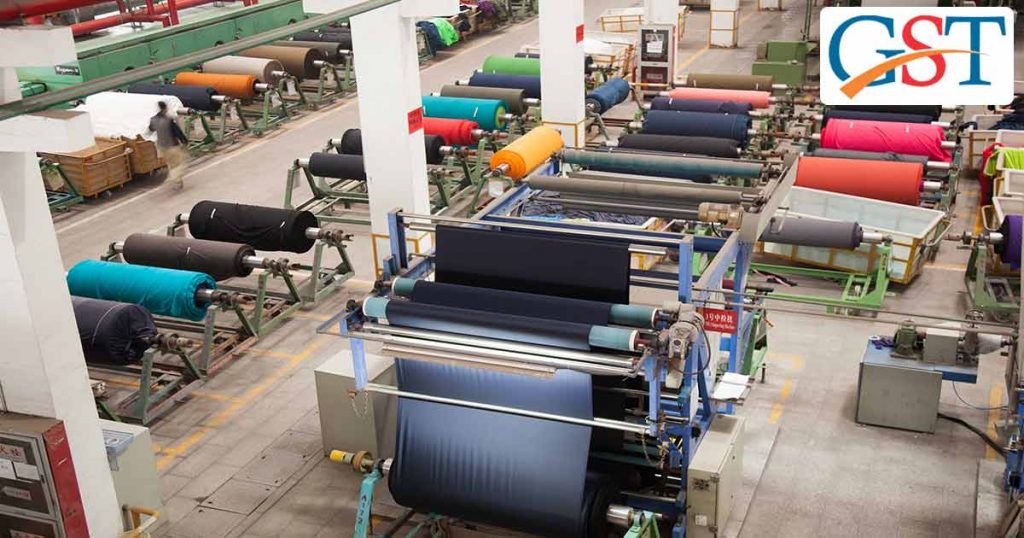
Post-election Goods and Services Tax (GST) Council meeting is anticipated to take into account the different rate slabs for the textile. This is the first meeting after the elections which is going to held in the initial half of this month and rationale the divergent rates of textile products under the textile sector.
“Removal of anomalies in tax rates in the sector is one of several issues that needs immediate attention,” said a government source.
The new government has started pressing pedals for many reforms which needed urgent attention. According to the government, many GST rates need to rational to let our economy gather pace and flourish. The GST rates under the textile industry are one of them which seeks hair-trigger TLC.
In the current scenario, there are three different rates, which are 5, 12 and 18 per cent, for various textile goods. This inconsistency in rates is troublesome for textile industrialists, especially for the exporters. The GST rates need to be rationalised ASAP and in concordant with the international market.
When we consider our GST rates at global font, we discover a single rate regime prevailing in other countries, like Thailand which is having single rate of 10 per cent on textile, China which is having single tax rate slab of 16 per cent for textile products , and Indonesia which has 7 per cent tax rate under textile industry, because of which they are enjoying better products and more profit margins. Whereas in India the disparate is creating hassles for textile dealers, especially during refund to exporters.
In addition to the rarity in the tax rates, the customs duties sum up situation for the exporter. The government is taking measures for intellectualizing the custom duty as well as the GST rates, well-considering the norms of the World Trade Organisation (WTO) and deliberately discussing the issues.
The GST council meeting which is going to hold this month will ratiocinate the same in consonance with the Global market. In addition, the GST council will ponder on curtailing the rate of cement from 28 per cent to 18 per cent. Since this reduction will consequence loss of Rs 13,000 crore to the government treasury so it needs to be backed by an utter and unmitigated consent.








